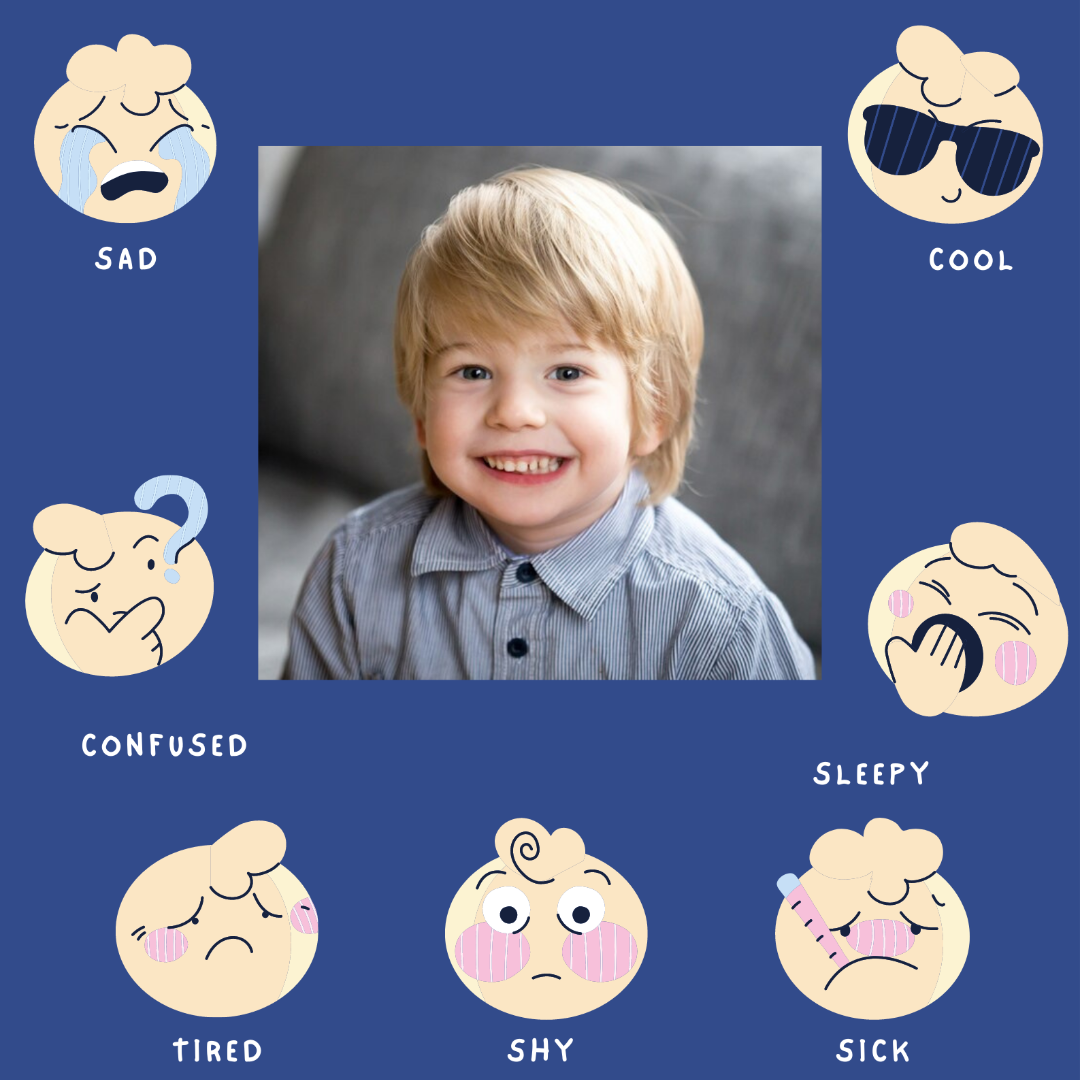
Tips to build Emotional Intelligence in Children
Emotional Intelligence (EI) is the ability to understand emotions, decode these emotions and express them. It also means to manage or direct the emotions for your benefit.
It also includes understanding emotions of others, motivating self and others. In short it means
Awareness of or understanding your own emotions
- Managing your own emotions
- Motivating self
- Understanding emotions of others
- Motivating others Basically, like any other skill like art, drawing or math, emotional intelligence is also a skill which can be developed and learnt by individuals and especially children.
Children in their forming age of 5 to 12 years have immense capacity to learn different skills and adapt to different situations. This is the correct age to make them learn emotional intelligence and shape their minds. Certain tips which can help to build EI in children are as follows:
1. Play Games and Activities related to emotional intelligence with children: There are many games and activities on the web like hot potato which can be played to improve emotional intelligence among children. In India, EI Mate has introduced unique games and activities for children which help them learn emotional intelligence skills in an easy and fun way. Subscribe EI Mate box and your child is sure to begin the journey towards emotional intelligence.
2. Make a Gratitude diary: Let your child make a gratitude diary and in this diary he/she may thank all the people who helped him/her during the day or made them feel good or happy throughout the day. Let them make drawings like hearts and flowers in that diary. Let them own the diary.
3. Make a feelings diary: Similarly, let your child make a feelings diary, in the diary let the child write the feelings he faced during the day and acknowledge bad as well as good feelings. Let him/her try to understand and analyse the reason behind the bad feeling. For instance, the child feels sad as one of the friends has not shared his/her chocolate with your child. Let him/her analyse the reason behind it, encourage him/her to talk it out with the friend and try to understand the feeling of friend and reason behind such behaviour. This will develop empathy in child.
4. Socialise: Socialise with friends, family and let your child build relations. Socialisation helps build interpersonal relations. Expose your child to different people and different social situations like marriage, parties, a visit to a friend, shopping and many more to let him adapt to all kind of people in life.
5. Motivation: Set targets for academic, co-curricular or behavioural milestones and reward them to achieve them. Let them motivate themselves in order to achieve the rewards. Encourage them when they fail (It is said that children follow what their parent’s do!!). They will inculcate this habit in them and will become good motivator for others and will develop great leadership skills.
